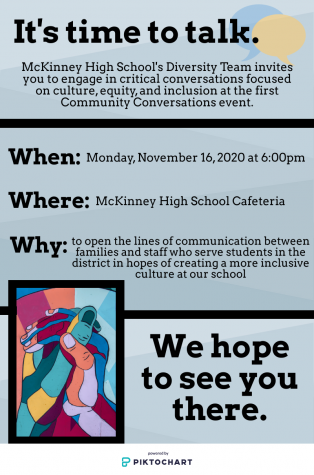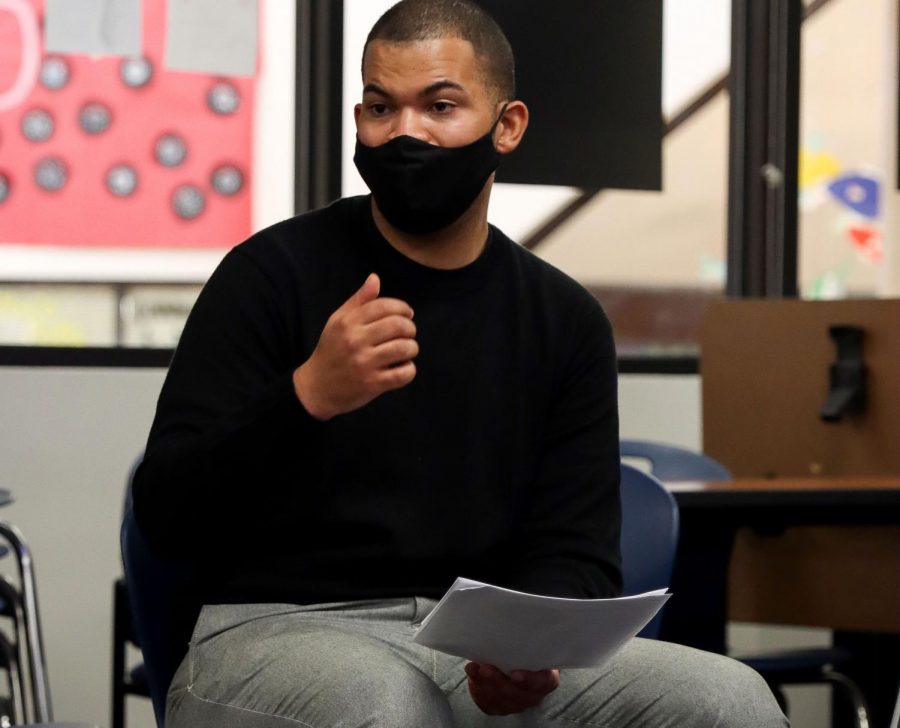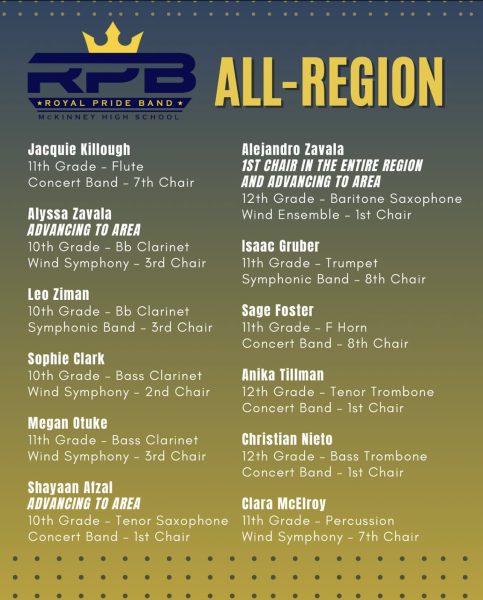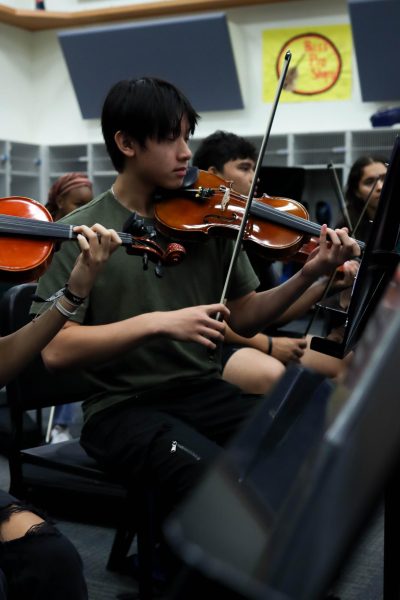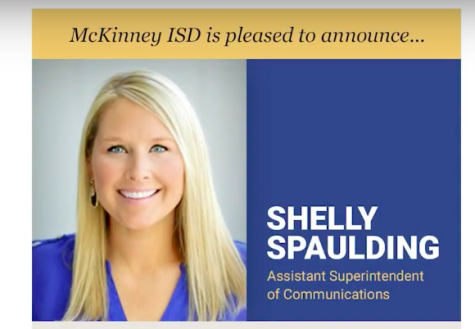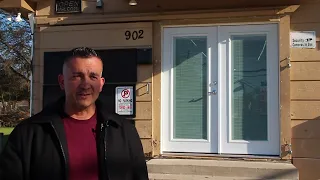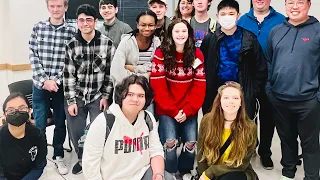School to host community-wide conversation on race, diversity and inclusion Nov. 16; teachers explore cultural relevance in classroom
November 12, 2020
The school’s new Diversity Team will hold a community-wide conversation to talk about race, diversity, and inclusion on Monday, Nov. 16. The event will be held in the cafeteria from 6 to 7:30 p.m. Students, parents and community members are invited to attend.
Assistant principal Justin James is the head of the newly-formed team and has also implemented Culturally Relevant Teaching for the educators on campus.
“I have been tasked with leading our campus to provide equitable outcomes for students that would provide learning that every student would enjoy,” Mr. James said. “One of my goals is centered around professional learning for teachers, teaching them about what it means to be culturally relevant in the classroom, and how to be an equitable educator.”
Senior Lily Davis said that she has had good and bad experiences with teachers.
“I don’t think teachers will ever understand what we go through,” she said. “Many teachers can’t understand that the home lives of the students are all different case-to-case.”
Lily said many teachers aren’t sympathetic to the hidden challenges that students may face.
“Whether it’s wifi access or a space to study, some students don’t have those things,” Lily said. “I have seen teachers get mad at students for being late because they had to walk a few miles to school, and it doesn’t seem understanding at all.”
As a new initiative, the results are still in-development as the team meets challenges such as the pandemic.
“We are in the early stages of this work here,” Mr. James said. “ So to see the true impact, it is going to take time because it’s a journey.”
Math teacher Brandi Earl said that teaching wasn’t just about the work anymore, it was about the students’ mental health and well being.
“I think with this new training teachers will become more understanding of hardships that students face,” Ms. Earl said. “We have a long way to go in the department of equitable teaching.”
As a math teacher Ms. Earl said she sees many different types of students.
“I analyze my students and try to teach my students in a way that would benefit them individually,” Ms. Earl said.
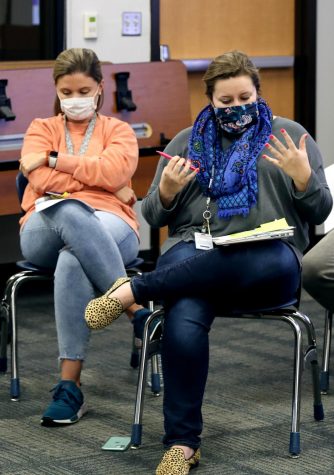
Since this program is still under development, there are many stages that the Diversity Team and the teachers still have to go through.
“There have been several phases that we have rolled out,” Mr. James said. “And so the first part is teaching teachers how to do the work in professional development and learning.”
Mr. James said one of the most important parts of the initiative is teaching teachers how to communicate with their students.
“We are teaching our teachers how to have conversations with students that may be difficult,” Mr. James said. “Teaching our teachers how to build relationships and engage students in a way that allows them to connect students’ home culture with their school culture.”
He said they will go through many steps to continue to develop the way teachers instruct their classes.
“The first step is teaching teachers, then the next step will be going into classrooms and seeing how students respond and making sure teachers are using those strategies,” Mr. James said. “And then another part, the third step is identifying students and their perceptions.”
Mr. James said that his work is to benefit the students and to make their whole high school experience better, and that starts with the teachers.
“The biggest thing that we can do right now is just to be listening,” he said. “To listen, and to be aware.”
